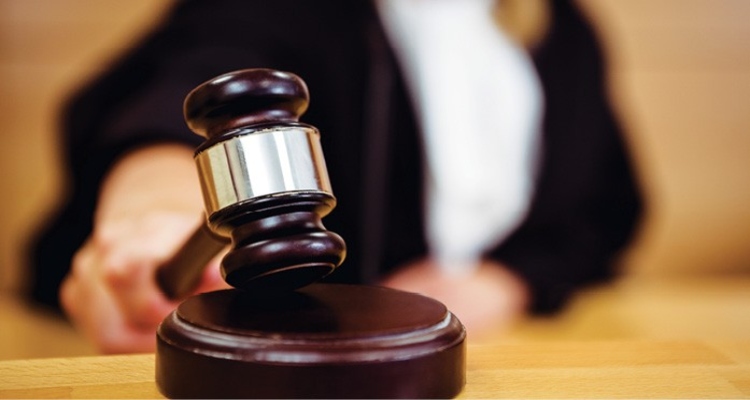
The Supreme Court has granted interim bail to a Chhattisgarh-based businessman arrested in connection with a money laundering case involving illegal levy on coal transportation, citing his one year and seven months of incarceration.
A bench comprising Justices Surya Kant and Vishwanathan granted six weeks to the Enforcement Directorate to determine the investigation’s status and submit an additional affidavit along with relevant material.
The apex court noted that as of now, there is no predicate offence under Section 384 of the Indian Penal Code (IPC) or any other provision against the petitioner.
“The petitioner has already undergone incarceration for about one year and seven months. The petitioner is not named as accused in FIR or the charge sheet.”
“Consequently, without expressing any final opinion regarding the prayer, we find that the petitioner has made out a prima facie strong case for his interim release,” the bench stated. The petitioner is directed to be released on interim bail upon furnishing bail bonds to the satisfaction of the Special Court, Raipur, Chhattisgarh.
Bail Rejected by Chhattisgarh HC
The top court heard a plea filed by Sunil Kumar Agrawal challenging the Chhattisgarh High Court’s rejection of his bail on April 8. Senior advocates Mukul Rohatgi and Vikas Pahwa represented Agrawal.
Enforcement Directorate Investigation
The ED’s investigation concerns an alleged scam in which an illegal levy of Rs 25 was extorted for every tonne of coal transported in Chhattisgarh by a cartel involving senior bureaucrats, businessmen, politicians, and middlemen.
The ED, in its second supplementary charge sheet, alleged that IAS officer Ranu Sahu, who served as the collector of Korba district during the scam period, facilitated the collection of illegal levy amounts from coal transporters and District Mineral Fund (DMF) contracts by Suryakant Tiwari and associates and received significant bribes from them. The money laundering case stems from an Income Tax department complaint registered following raids conducted by the department in June 2022.




